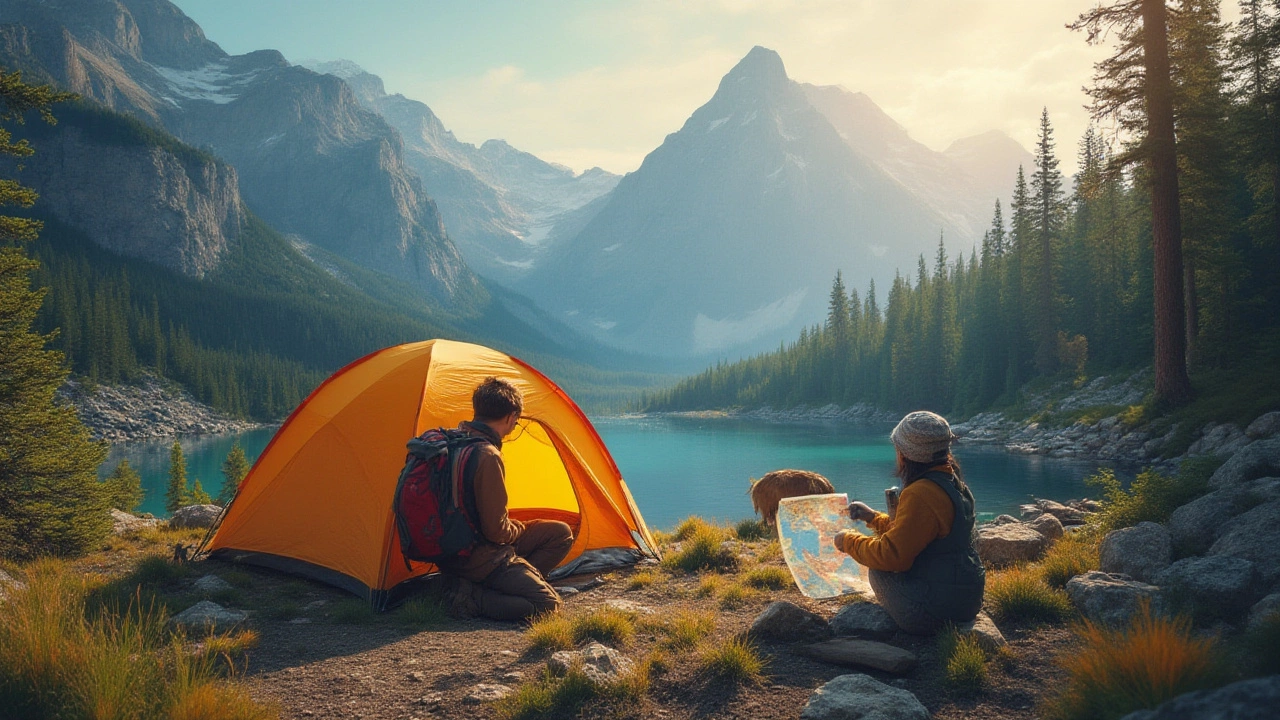
Wild Camping Laws in the USA: What You Really Need to Know
Breaking down wild camping legality in the US: where you can camp, what rules actually matter, and essential tips for your next adventure.
Read MoreIf you love the open road, you’ll want to know which spots let you camp without a fine waiting for you. The good news is that many states have areas where free or low‑cost camping is perfectly legal. The bad news? Rules vary a lot, and one state's beach boondocking can be illegal the next day.
First, remember that “legal camping” means you’re either on public land that permits overnight stays or on private property with permission. National forests, Bureau of Land Management (BLM) lands, and many state parks offer free or cheap sites, but each agency has its own limits on how long you can stay.
California is a favorite for boondocking, but coastal counties often ban overnight parking on beaches. Check county ordinances before you pull in. In contrast, Texas lets you camp on most BLM land for up to 14 days, and you can extend the stay by moving a short distance.
Florida is tricky. While some state parks allow overnight parking, many beach towns have strict anti‑camping rules. If you’re heading to a Gulf Coast spot, look for designated RV dump stations that also double as legal overnight areas.
In the Northeast, places like Maine and Vermont have generous “right‑to‑camp” policies on public land, but you’ll often need a permit for larger motorhomes. Always carry a copy of the permit in your vehicle.
1. Use a reliable app or map that shows public land boundaries. Apps like iOverlander and Campendium let you filter by “free” and “legal”.
2. Arrive early in the day. Many legal spots have a limit of one night per vehicle, and arriving before sunset reduces the chance of being asked to leave.
3. Follow the “Leave No Trace” rules. Pack out trash, use existing fire rings, and keep noise down. A clean site makes it easier for authorities to keep legal camping areas open.
4. Keep documentation handy – a copy of your driver’s licence, vehicle registration, and a printed map of the area. If a ranger asks, you’ll look prepared.
5. Respect local residents. If you’re near a small town, park a few hundred metres away from homes, and avoid blocking driveways.
By staying aware of state-specific rules and using the right tools, you can enjoy legal camping across the US without stress. The key is planning ahead, staying flexible, and always leaving the spot better than you found it.

Breaking down wild camping legality in the US: where you can camp, what rules actually matter, and essential tips for your next adventure.
Read More